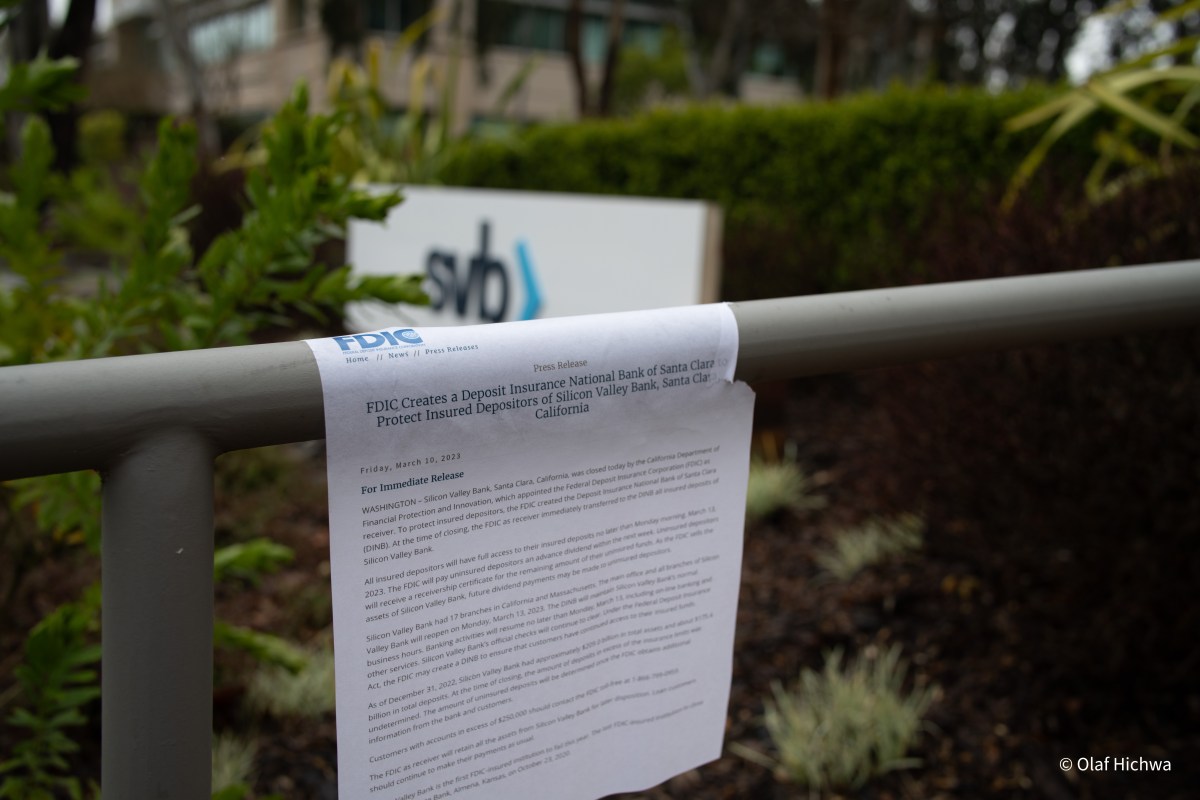Have you come back from your break still feeling burnt out? If you’re a couple of weeks into work and feeling equally exhausted as when you wrapped up last year, then you may still be experiencing the full effects of burnout, writes naturopath, coach and wellbeing expert Vesna Hrsto.
According to the World Health Organisation (WHO), burnout is the result of chronic stress that has not been successfully managed.
If you still wake up tired every morning, you’re already behind on work, you feel emotionally exhausted and little things set you off, then you need a recovery plan.
Here are 5 tips to get you started on the road to recovery from burnout
Step 1: Get sufficient sleep
Did you get enough sleep over your break? How often did you get to bed before 10pm, or did you stay up late? Virtually all areas of our health are impacted by lack of sleep. Good quality sleep accelerates burnout recovery.
It’s not just the hours of sleep we get, but when we go to sleep, that matters. Getting to bed by 10pm is best as it aligns with our circadian rhythm, which affects our appetite hormones, our ability to handle stress, energy production and our recovery.
Having eight to nine hours of sleep a night is the sweet spot for optimal performance.
Be wary of devices before bed as they will prevent a proper restorative sleep; the kind you wake up from feeling refreshed. Devices before bed reduce our sleep hormone, melatonin, by 25%. Instead, wind down 30 minutes before bed, and be off your smartphone, computer or Netflix.
People who are at the top of peak performance master sleep.
Step 2: Taking time off helps, but it’s not the cure
There can be underlying (often hidden) reasons why we end up with burnout that taking a break won’t resolve. Research into burnout has found a common trait amongst burnout casualties: a drive to prove ourselves.
A client of mine, a mother and CEO with 200 staff in her company, realised that she was a workaholic and burnt out because she was trying to prove something to herself and others.
Years ago, when I started my first business, I worked long hours and had high expectations of myself to make it a success. This left little time for self-care or even proper sleep. It caught up with me eventually, although I didn’t realise it was burnout.
Commitment to our business is great but it’s the desire to prove yourself and your worth that predisposes you to burnout.
Ask yourself an important question: What motivates your work?
Tired factory worker sitting against pallet
Step 3: A nutrition do-over
When we’re stressed and tired, we often don’t make the best food choices. Sugar, caffeine and refined carbs can provide a quick energy hit and then an energy crash afterwards.
Being time-poor can lead to more Uber-eats or meals eaten outside the home. Studies have shown that increased fast food consumption is related to burnout, and healthy eating is protective.
The side effects of chronic stress are imbalances in our gut and microbiome, detoxification systems and hormones. When these systems are impacted, it drives more fatigue, mood changes and brain fog, and we feel worse.
An easy way to boost your nutrition for energy and mental clarity is to cook your meals at home to ensure you’re having healthy ingredients. Avoid foods that are rich in sugar as they disrupt blood glucose levels, which will cause our energy and mood to be all over the place.
Step 4: Reduce mental stress
Burnout has a lot to do with the psychological stress we carry. The worry, concern and pressures of business can keep us on an emotional rollercoaster.
Business has its challenges; this is part of the game. Business owners need a recovery plan that will take care of them.
Take athletes as an example; they put the most intense stress on themselves, physically, mentally, and emotionally, yet they’re champions. As former Olympian long-distance runner Deeana Kastor said, it was her self-care routine that made all the difference. Athletes master their self-care and recovery.
How many hours of the day is your mind quiet, calm and at peace? Most of my clients say they would be lucky to have an hour.
Chronic mental stress, or a mind that is busy overthinking and overanalysing, filled with worry and negative thoughts, will have an impact on your energy, metabolism and recovery.
Limit mental stress through journalling at the end of the day, talking to a friend, and practicing breathing exercises or yoga. Even going for a walk in nature can be helpful to relax the mind.
Exercise has been shown to reduce anxiety and improve mood and mental well-being. Make time to move your body or exercise regularly.
Photo: AdobeStock
Step 5: Listen to your gut
Chronic stress often affects our gut; the most common symptom is bloating or reflux. In order to absorb nutrients from our food for energy and recovery, we need to support gut health. The gut-brain axis is the communication between the gut and the brain and vice versa, which impacts our mood and mental wellbeing.
Support the gut through a healthy diet of vegetables to feed the microbiome. Avoid inflammatory foods like sugar, processed foods and alcohol.
While it can feel overwhelming to make many changes during burnout, even just implementing a few of the above steps can make a huge difference.
- This story was originally published on Kochie’s Business Builders. You can read the article here.










